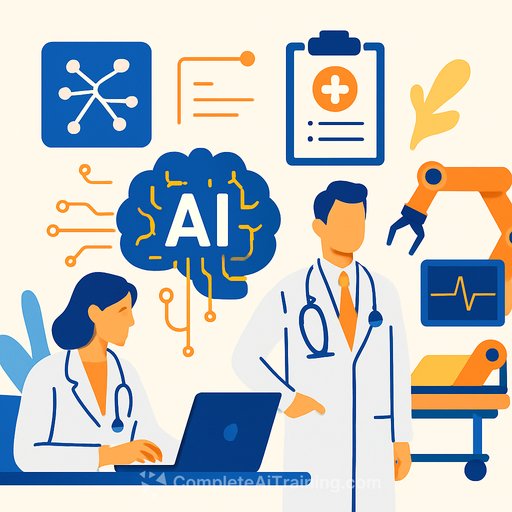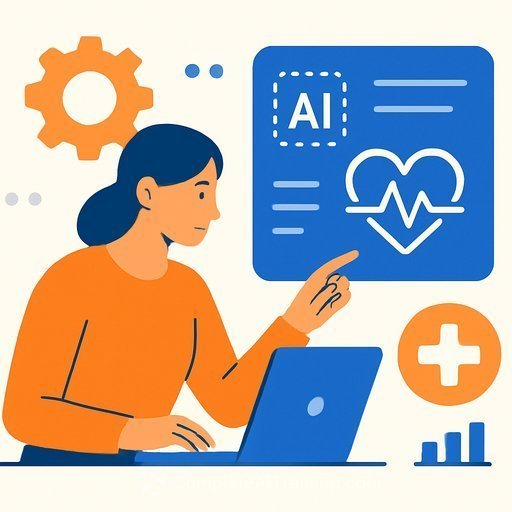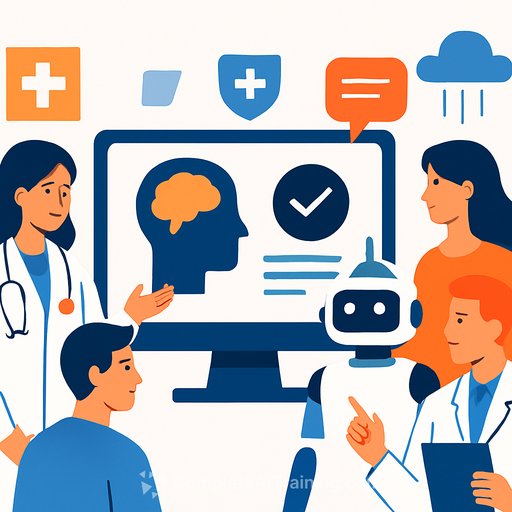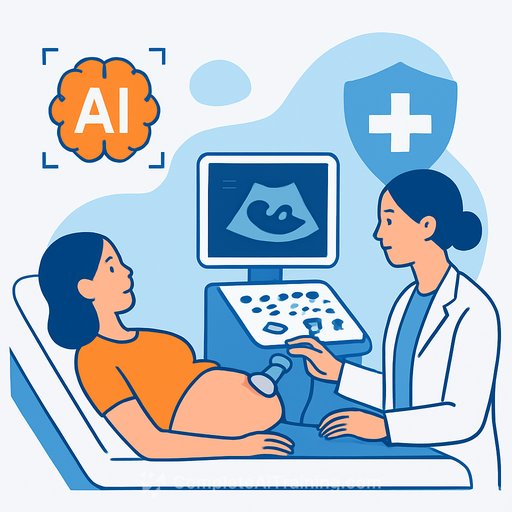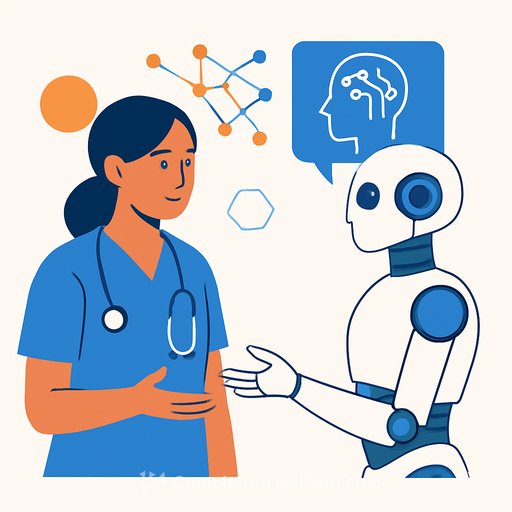AI in Healthcare: Accelerating Adoption and Real-World Impact
Healthcare organizations face growing pressure to improve patient communications and streamline operations. As a result, advanced technologies like artificial intelligence (AI) and machine learning (ML) are gaining wider acceptance and integration.
Recent data from the American Hospital Association’s Hospital IT Database reveals that nearly 60% of hospitals are already using machine learning within their electronic health records (EHR) to improve outputs and recommendations. About 26% apply ML for patient health monitoring, while 46% use it to simplify billing processes. Additionally, 34% report using large language models in their EHR systems, with 25% planning to adopt them within the next year.
More than half of the responding hospitals have established dedicated committees or task forces responsible for assessing machine learning and predictive models. This structured approach helps ensure practical and safe AI deployment.
Building Trust and Standards
The Joint Commission and the Coalition for Health AI (CHAI) are collaborating to create resources such as playbooks, tools, and certification programs. These will combine evidence-based standards with best practices in health AI to guide organizations in adopting AI technologies safely and effectively.
Jonathan Perlin, president and CEO of The Joint Commission, highlighted the goal to provide healthcare organizations with a clear roadmap that supports patient safety and builds trust among all stakeholders.
Practical Applications of AI in Healthcare
Provider organizations need to identify specific challenges where AI and ML can deliver tangible benefits. Some recent examples include:
- Using agentic AI to improve medical billing communication, making explanations clearer and more patient-friendly.
- Applying AI in radiology and clinical communication to reduce clinician workload and improve patient interactions.
- Deploying AI in revenue cycle management with a zero-defect approach to minimize errors and maximize efficiency.
- Leveraging AI as a data “refinery” to enhance the quality and usability of healthcare data.
Looking Ahead
Agentic AI is increasingly supporting clinicians by handling routine tasks like documenting care during patient visits. Upcoming announcements—such as potential new AI features from major EHR vendors—could further accelerate adoption.
These trends suggest that AI and ML will continue to bring operational efficiencies and cost savings to healthcare without overwhelming practitioners.
For healthcare professionals interested in expanding their AI knowledge and skills, exploring AI courses tailored to healthcare roles can provide practical training and insights.
Your membership also unlocks:

